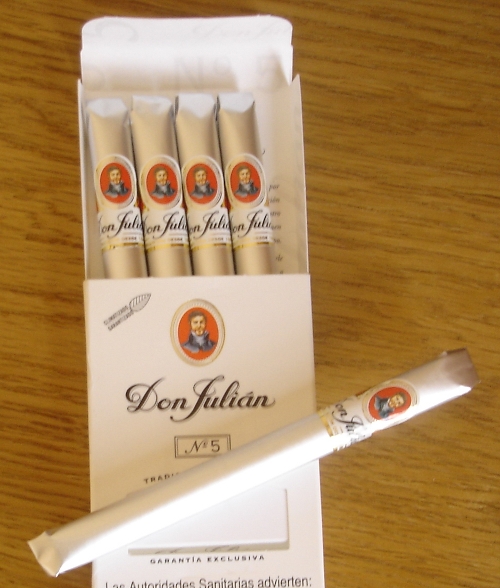The Umbrella Defence Method
Here we present the latest in our occasional series of self-defence books for gentlemen. A doff of the fedora and self-deprecating quip won't always be enough to see you out of danger. Keep a smattering of self-defence moves at your disposal should any crisis arise in a vibrant part of town. If nothing else, you want to protect your fedora. (See also Sherlock Holmes School of Defence and All-in Fighting for Gentlemen for the level of aggression you wish to adopt in your defence.)
Engage Guard
Single-stick is a martial art that developed in England in the 16th century. As a sport, single-stick (or cudgel-play) is full-contact, whereupon the players stand motionless and use a stick to apply strokes and cuts to their opponent with a whipping motion from the wrist. From Broad-Sword and Single-Stick by R. G. Allanson-Winn and C. Phillipps-Wolley, published in 1911, the object in a bout of cudgels was for 'each combatant [to] break the skin on the scalp or forehead of his antagonist, so as to cause blood to flow'. The French sport of la canne (or cane fencing) is similar, but has more thrust than its English counterpart. No jokes about Frenchmen and thrusting, please.Single-stick — which would make an admirable addition to the Olympics — was adapted for cutlass practice by the Royal Navy (as can be seen in the photograph above from 1900).
No-Nonsense Self-Defence
In order to apply single-stick to self-defence, you can substitute the stick for a walking cane or full-length umbrella. In Broad-Sword and Single-Stick they recommend Irish Blackthorn as the best material for a cane due to its size, weight, toughness and pliability:Disagreeable roughs in Dublin'It once fell to my lot to be set upon by a couple of very disagreeable roughs in Dublin, one of whom did manage to get the first blow, but it was “all round” and did not do much harm. Before he could deliver a second hit I managed to lay him out with a very severe cut from my blackthorn, which came in contact with his head just between the rim of his hat and the collar of his coat. Now, had my knowledge of stick-play been insufficient to enable me to accurately direct this cut to its destination, I might not now be scribbling these pages. ... This little episode is only given to show that the proper delivery of one blow or hit is often enough to turn the tables, and how advisable it is to practise often, so as to keep the eye and hand both steady and quick.'
On umbrellas, our writers describe uses 'beyond those which the dampness of our insular climate forces upon us', offering specific approaches for umbrella-based defence:
Making a football of your devoted head'There are two methods of using the umbrella, viz. holding it like a fencing foil—and for this reason umbrellas should always be chosen with strong straight handles—for long thrusts when at a distance, or grasping it firmly with both hands, as one grasps the military rifle when at bayonet-exercise. In the latter case one has a splendid weapon for use against several assailants at close quarters. Both the arms should be bent and held close to the body, which should be made to work freely from the hips, so as to put plenty of weight into the short sharp prods with which you can alternately visit your opponents’ faces and ribs. If you have the handle in your right hand, and the left hand grasps the silk (or alpaca), not more than a foot from the point, it will be found most effective to use the forward and upward strokes with the point for the faces, and the back-thrusts with the handle for the bodies. Whatever you do, let your strokes be made very quickly and forcibly, for when it comes to such close work as this your danger lies in being altogether overpowered, thrown down, and possibly kicked to death; and, as I have before hinted, when there is a choice of evils, choose the lesser, and don’t be the least squeamish about hurting those who will not hesitate to make a football of your devoted head should it unfortunately be laid low.'













Comments
Post a Comment